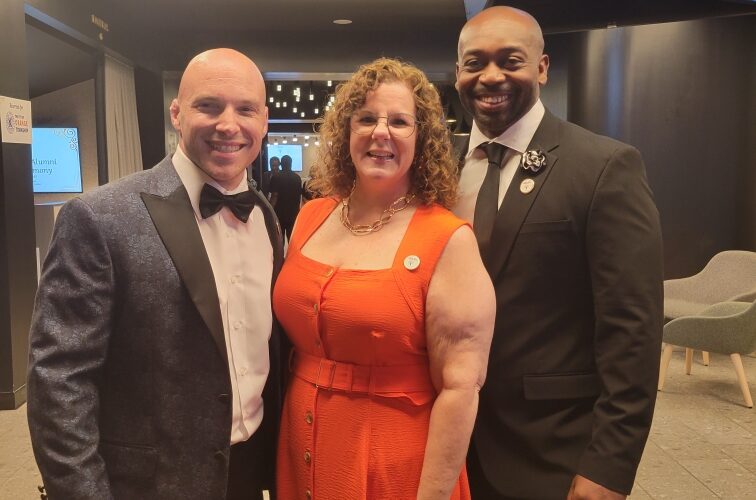Newark, NJ – June 11, 2025 — In a heartfelt and…

Most Americans drink alcohol, many still smoke, recreational marijuana is legal in many states (and available in all states), and doctors regularly prescribe medications for pain, depression, anxiety, sleeplessness, etc. Substances are a way of life for many people.
In fact, substances are part of a healthy way of life for many people. However, their easy availability and the fact that they are acceptable can make it difficult to determine whether someone’s use of a substance is a problem.
Here are some of the warning signs that you or a loved one may be developing a substance use problem.
Tolerance. Tolerance means a person needs more and more of the same substance to achieve the same effect.
Physical dependence. There are many signs of physical dependence. It is a physical need for the drug, usually to avoid withdrawal symptoms. It is characterized by cravings and some degree of discomfort if the drug is unavailable. You may not see actual signs of withdrawal, but you may notice that people who are physical dependent try to make sure that they always have the drug available to them.They got to places where the substance will be abundant and hang out with people who can help them get the substance.
Physical withdrawal. Physical withdrawal symptoms can vary depending on the drug being abused. However, drug withdrawal is often characterized by shaking, sweating, depression, anxiety, nausea, and diarrhea. Depending on the substance, physical withdrawal can actually be life-threatening, so if you are experiencing physical withdrawal, you may need prompt medical attention.
Compulsive behavior. If a someone continues to use a substance, despite knowing that the substance is harming them in some way, then the behavior is compulsive. Compulsive behavior is a sign that a problem may be a full-blown addiction. Signs that behavior may be compulsive include out-of-control spending on the substance, missing work because you are drunk or high, relationship problems, stealing, unprotected sex, risky behaviors, putting your children at risk, driving while under the influence, risk-taking behaviors, and physical health problems that are related to the substance use.
Being unable to stop. Most addicts try to stop drinking or using drugs but find themselves unable to do so without help. This inability to stop is probably the defining element of addiction.
If you or a loved one is experiencing a substance abuse issues, Greater Essex Counseling Services can help. We offer comprehensive treatment for substance abuse issues, from supervised detox through rehab and sobriety support.



